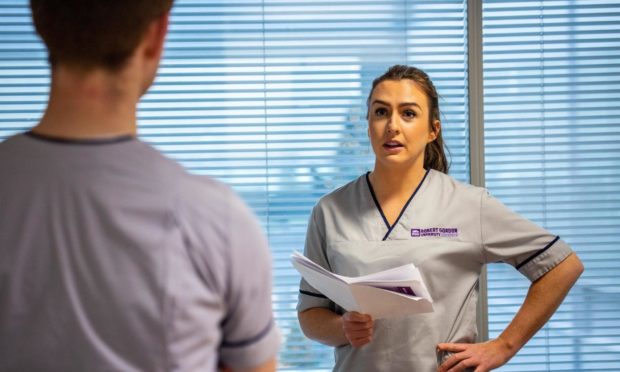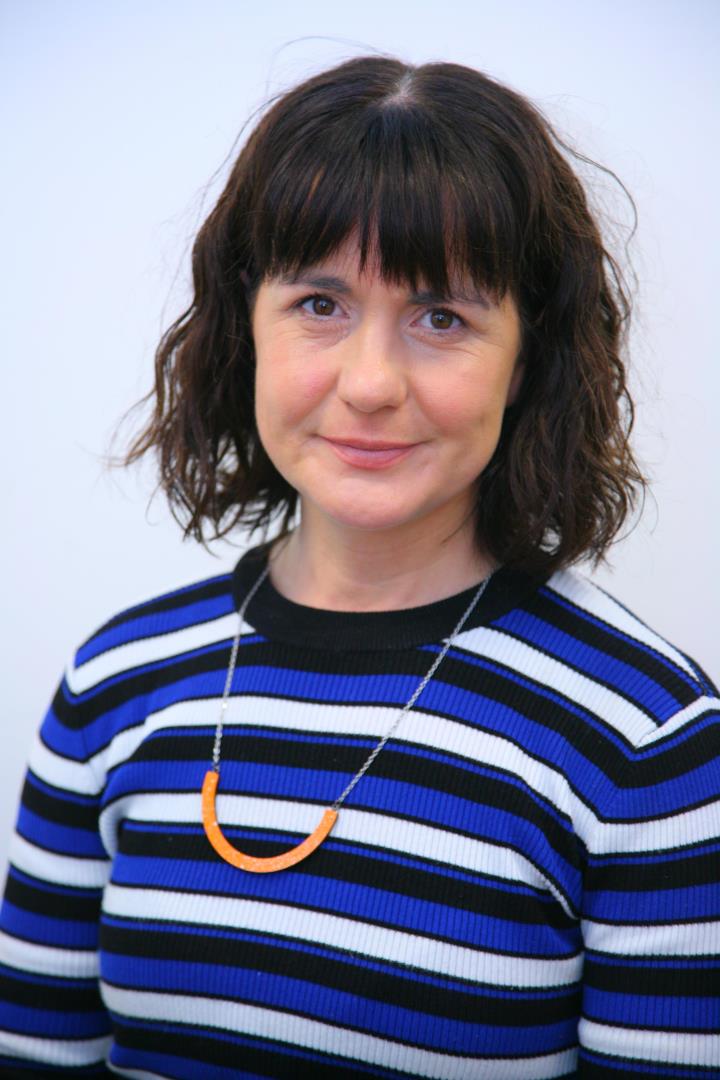Hearing the experiences of north-east nurses at the “frontline of the traumas” caused by Covid-19 could prove key to preventing a “potentially catastrophic” staffing shortage.
Robert Gordon University (RGU) has funded a research project to see how medical staff at NHS Grampian can better be supported through times of turmoil.
It wants to check the current schemes in place are fit for purpose to ensure nurses want to remain in their posts, while continuing to encourage graduates to enter the workforce.
Nurses make up around 40% of all NHS staff and, due to the nature of their jobs, are among the most likely to need additional support to avoid burnout.
The study will look at the impact the pandemic has had on employees’ wellbeing and support systems, or their role as mentors to students and graduates.
Its findings be used to help develop future workforce plans and inform training schemes for those entering the job.
The study is being led by senior research fellow and medical sociologist Aileen Grant, from the university’s school of nursing, midwifery and paramedic practice (SNMPP).
Dr Grant said: “Our NHS has battled the pandemic for a prolonged period and under extraordinary circumstances.
“While its staff continue their heroic efforts to ensure patient care, the pandemic has heightened shortages where nurses not only have to respond expediently to changes in service delivery but also to accommodate for absences caused by the disease, having to self-isolate, shield, or from stress.
“Nurses working in hospitals have very much been in the frontline of the traumas caused by the pandemic and little is known about the effectiveness of measures taken to help them cope.”
Issues regarding a lack of nursing staff have played a large role in the north-east over recent years – with vacancy lists at times soaring into the hundreds.
A shortage of skilled workers in certain roles led to the temporary closure of some wards and cancellation of procedures, but extensive work has been taking place to ease pressures.
In 2019 more than 100 nurses and midwives were recruited from Australia – where there were too many new graduates for the roles available – to help fill vacancies.
The drive Down Under marked the first time a Scottish health board had attempted such a move, which was described at the time as a “considerable step forward”.
Dr Grant added: “This research is imperative to ensure that any support provided—be it educational, practical or psychological—is fit for purpose.
“Retaining experienced registered nurses, new graduates, and students is vital to addressing any potential catastrophic nursing shortages.”
Participation in the study involves completing a short online questionnaire, with potential to take part in a further online interview.
Anyone interested can email Dr Grant at a.grant17@rgu.ac.uk for more information.

